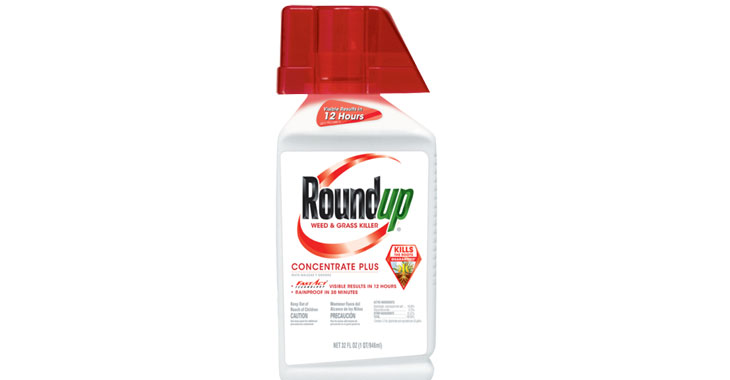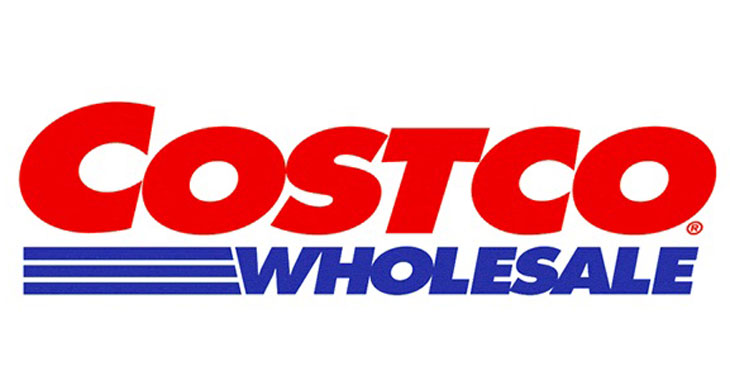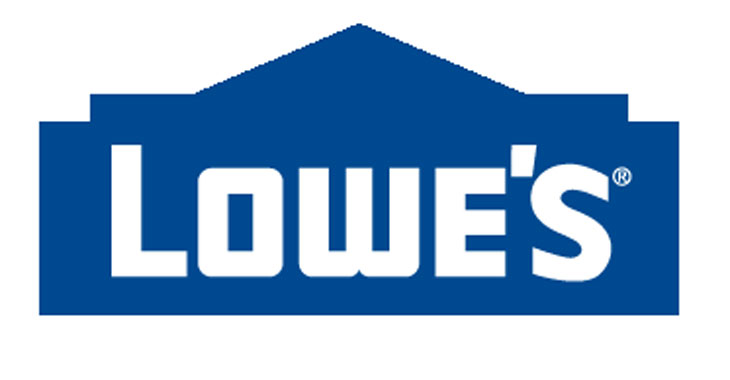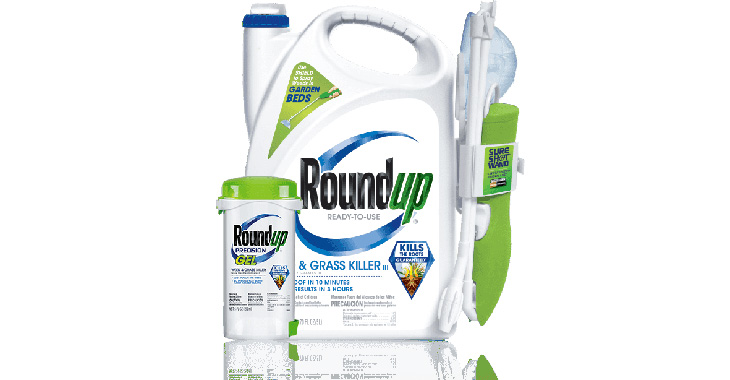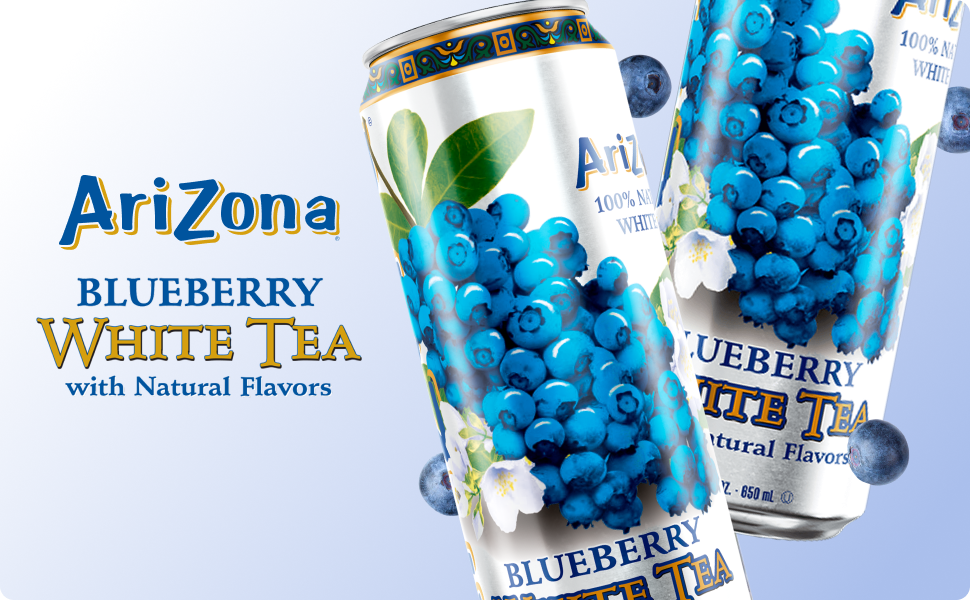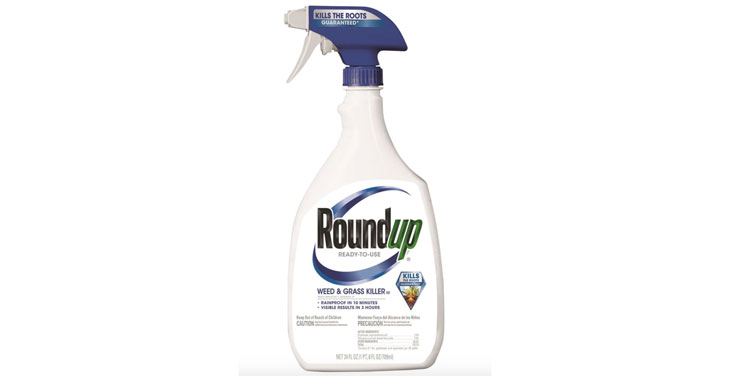
Roundup Weed & Grass Killer Products
Allegations: Falsely representing that the active ingredient “targets an enzyme found in plants but not people or pets”
August 2017: This case was transferred to a court in Missouri where a proposed nationwide class settlement agreement would resolve this case along with another related case, Rawa v. Monsanto. (Martin v. Monsanto, Case No. 17-cv-2300, E. D. MO.) To learn more about the status of the nationwide settlement agreement, click here.
October 2016: A class-action lawsuit was filed against Monsanto Company for allegedly falsely advertising Roundup Concentrate products, including Roundup Weed & Grass Killer Concentrate Plus and Roundup Weed & Grass Killer Super Concentrate. Specifically, the company markets the concentrates (which are diluted in water before use) as making a specific number of gallons of Roundup when they actually make only half of the gallons advertised when diluted following the instructions. For example, the company advertised that the 32 oz. size makes 10 gallons of Roundup, the 36.8 oz. size makes 12 gallons, and 64 oz. size makes 21 gallons when, in reality, they make only 5 gallons, 6 gallons, and 10.5 gallons, respectively. (Martin et al v. Monsanto Company, Case No. 16-cv-2168, C.D. Cal.)
Allegations: Falsely representing that the active ingredient “targets an enzyme found in plants but not people or pets”
Allegations: Failing to warn consumers of the health risks associated with using the product due to its active ingredient
Allegations: Failing to warn consumers that ingredients may cause cancer
Allegations: Failing to warn consumers of the health risks associated with using the product due to its active ingredient (glyphosate)
TINA.org digs into school’s debt-free claims.
Why agency independence is in the best interests of consumers.
No matter where, no matter when. Hawkins Fried Chicken.
What exactly does this running brand mean by “your return is on us”?
Be wary of “natural” claims.

